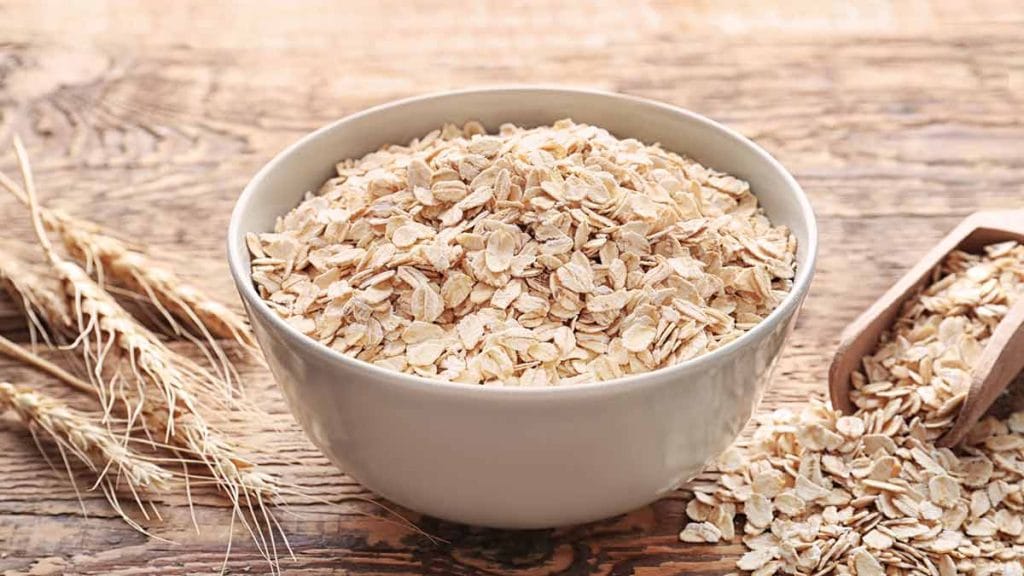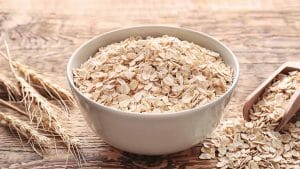Oats are a staple in many Canadian kitchens, with good reason! If you’ve wondered about the benefits of oats, you’re not alone. Let’s explore some common questions Canadians have about including oats in their diets, and how this versatile grain can contribute positively to your meals and routines.

- Are oats good for lowering cholesterol?
Yes, oats are a valuable addition to your diet for supporting cholesterol levels. They contain a unique soluble fibre called beta-glucan, which acts like a sponge in your digestive system, helping to trap and remove LDL (“bad”) cholesterol from the body. Including just two servings of oats a day has been shown to reduce cholesterol by about 3% more than diet alone, and may also lower non-HDL cholesterol and related proteins tied to heart wellness. - Are oats suitable for people with gluten sensitivities or celiac disease?
Oats are naturally gluten-free, making them a safe choice for many people avoiding gluten. However, because oats can come into contact with gluten-containing grains during farming, processing, or packaging, it’s important to look for oats specifically labelled “gluten-free” if you have celiac disease or severe gluten intolerance. These products are produced and tested to avoid cross-contamination. - How can oats help with managing blood sugar?
Oats are rated medium to low on the glycemic index, which means they digest more slowly than many other grains. This slow digestion leads to steady blood sugar levels, which can be particularly helpful for people living with diabetes or anyone looking to avoid energy crashes between meals. The soluble fibre in oats has been shown to improve blood sugar control. - Is it true that oats help with feeling full and supporting weight management?
Absolutely! The fibre in oats expands when it absorbs water, helping you feel satisfied for longer after a meal. This feeling of fullness can help reduce snacking and make it easier to manage your food intake throughout the day. - What nutrients do oats provide?
Oats are more than just a source of energy. They contain essential nutrients such as iron, B vitamins, magnesium, calcium, and more protein than many other grains. For example, a half-cup of dry oats can provide about 20% of your daily iron needs. Pairing oats with dairy or other protein sources can further enhance the nutrient profile of your meal. - Are oats genetically modified?
There are currently no genetically modified oats grown or sold in the world. Canadian oat varieties are bred through traditional methods. - Are there safety concerns about glyphosate in Canadian oats? What steps do farmers take to ensure oat quality?
Canadian oat growers prioritize both the quality and safety of their oats. Farmers do use glyphosate to effectively control grass weeds prior to planting or after a crop is harvested. It also reduces disease and natural contaminants.
Glyphosate is widely tested and registered in over 160 countries, with no major regulatory agencies considering it a risk. In Canada, farmers adhere to strict regulations set by Health Canada’s Pest Management Regulatory Agency (PMRA), only using pesticides registered for use and following recommended rates and timing. Any amounts of glyphosate that might remain after oats are processed are extremely low—far below what’s considered safe for people (30 parts per million) as set by health agencies like the Environmental Protection Agency and others worldwide. In fact, tests show the glyphosate in oat products are usually about 30 times less than the strict safety limit set by the experts of these health agencies. Canadian farmers are continually seeking ways to reduce chemical use, care for the land, and ensure the oats they grow are safe and nourishing for everyone. Source: https://oatseveryday.com/wp-content/uploads/2023/07/Glyphosate-in-oats-EN.pdf - Where are most oats produced?
Canada is one of the world’s top producers and exporters of high-quality oats, thanks to our cool climate and rich agricultural history. Most Canadian-produced oats are grown in the fertile soils of Saskatchewan, Alberta and Manitoba. In fact, more than 50% of Canada’s oats, making Saskatchewan the largest oat-producing region in the world. Choosing Canadian oats supports local farmers and ensures you’re getting a fresh, premium product.
Oats are a versatile, nourishing option for Canadians looking to enhance their food choices and add more goodness to their plates! Enjoy oats in various forms: porridge, overnight oats, baked goods, energy bites, and more.




